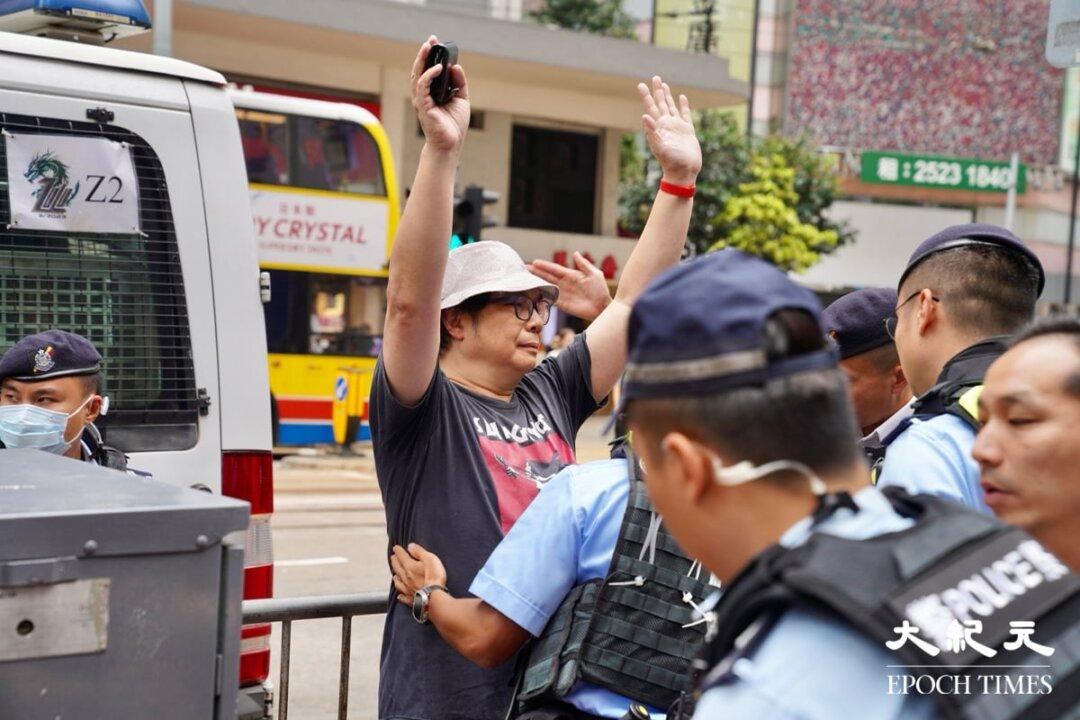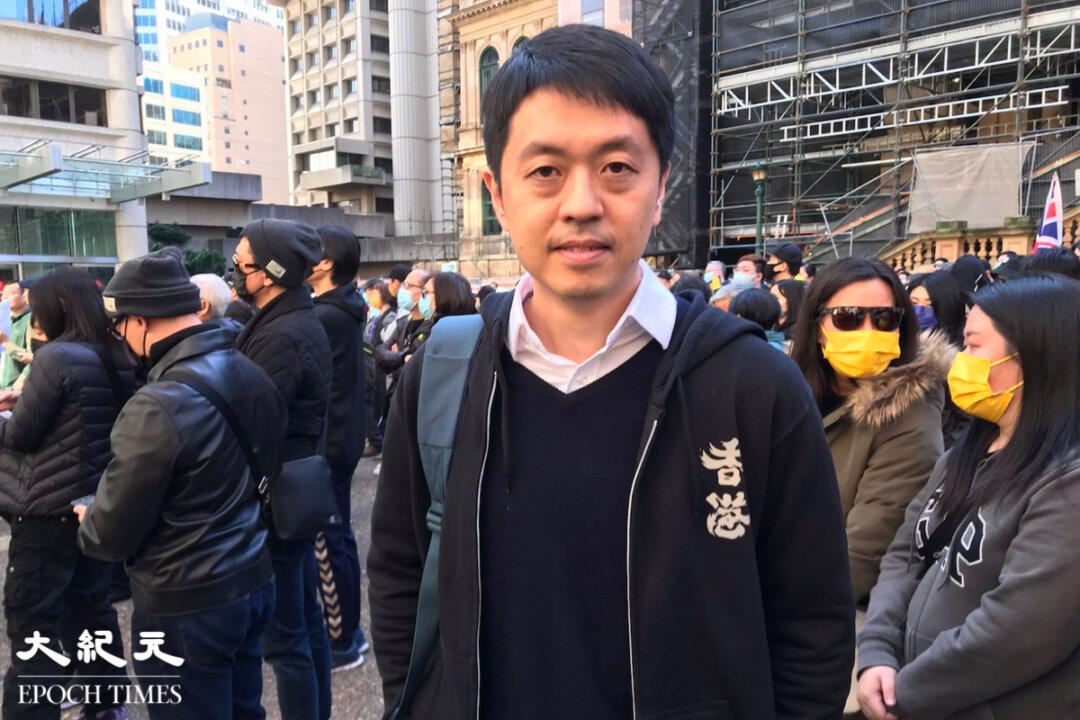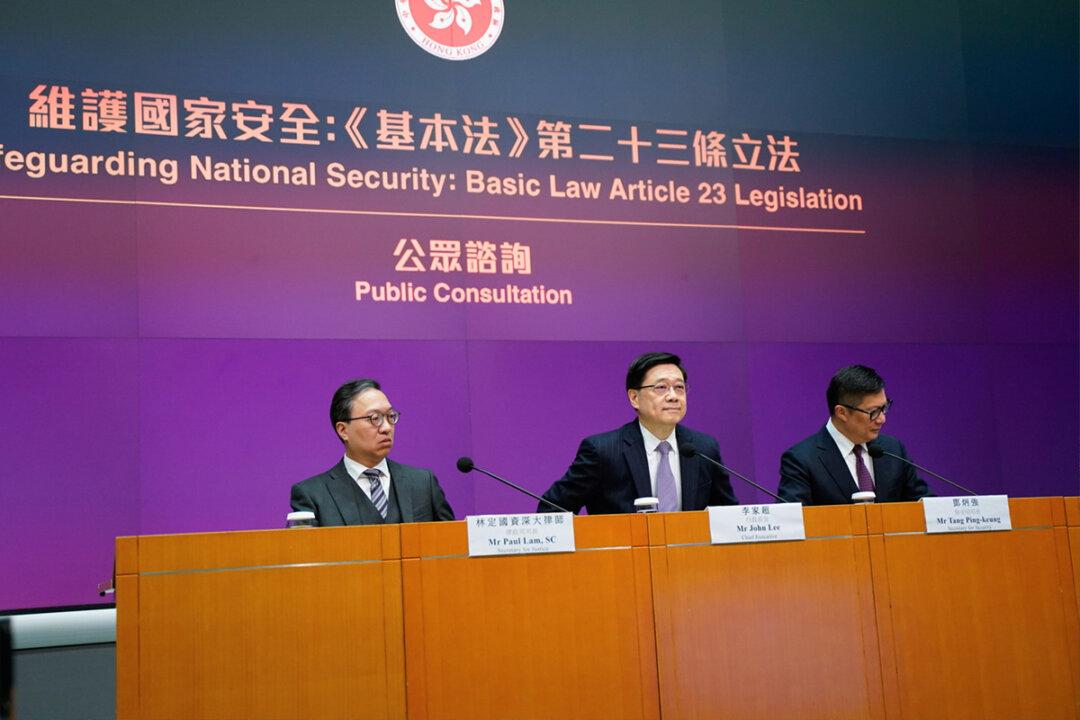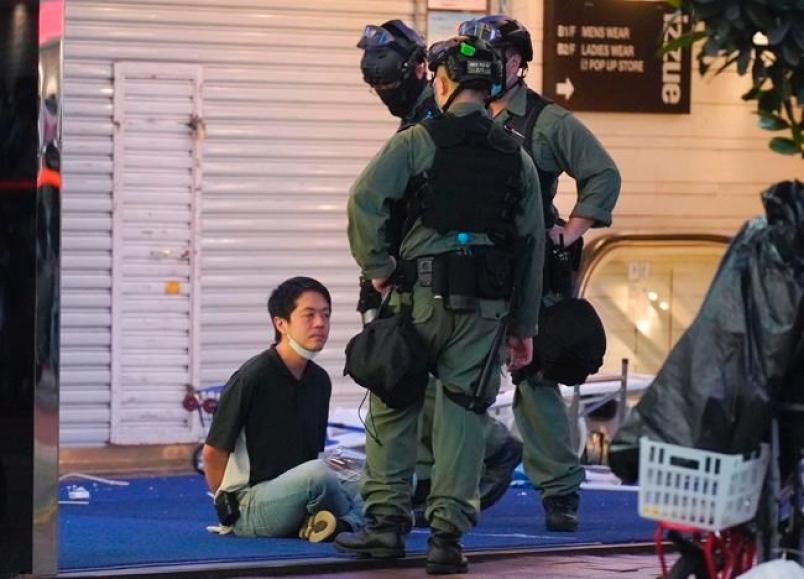The Department of Justice’s (DoJ’s) application for an injunction against “Glory to Hong Kong” was rejected by the High Court on July 28. Some commentators believe that the authorities will not give up, but once an appeal is filed, it will scare away foreign investment. Some scholars pointed out that the Hong Kong government’s duel is primarily with Google. But even if the song is removed from the search engines in Hong Kong, it is still doubtful how it can deal with its distribution overseas.
In his judgment, Justice Anthony Chan Kin-keung of the Court of First Instance of the High Court said that the court must strike a proper balance between the competing interests of society and seek to be consistent, compatible, and complementary with local laws when applying the Hong Kong National Security Law. He also pointed out that he doubts that such an application for an injunction to restrain dissemination has any real effect because the conduct for which the restraining order is applied for is a criminal offense punishable under the sound criminal justice system. In addition, the enforcement of the injunction is likely to come into conflict with the relevant laws, such as the national security law.




